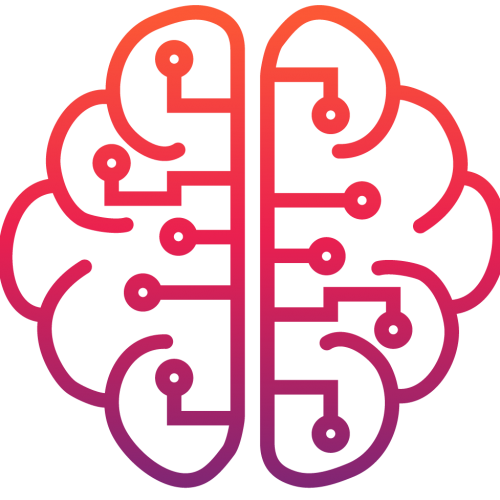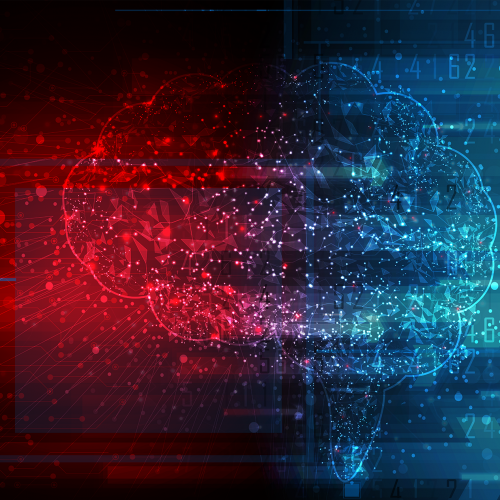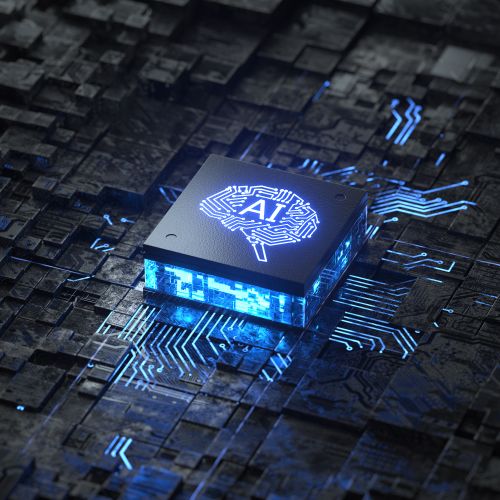Past Events
-

AI@MIT Research Blitz
Date: October 12, 2021 | 12:00pm - 1:00pmLocation: View the Event RecordingJoin the MIT Quest for Intelligence and the Artificial Intelligence @ MIT Student Group for a mini Research Blitz! This event will focus on Brain Guided Intelligence Hardware. Speakers include Bilge Yildiz, Professor, Department of Nuclear Science and Engineering and, Jacob Andreas, X Consortium Career Development Assistant Professor, Department of Electrical Engineering and Computer Science. -

Quest UROPS Info Session
Date: September 28, 2021 | 2pm - 3pm ESTLocation: View the Event RecordingJoin the MIT Quest for Intelligence to learn more about our UROP program. We will discuss and answer questions regarding the UROP application process and current research opportunities. Speakers include Nicholas Roy, Director, MIT Quest Systems Engineering, Katherine Fairchild, Quest AI Software Engineer, and Dhaval Adjodah, Quest Research Scientist. -

Natural Language Processing for All
Date: June 4, 2021 | 12pm - 1pm ESTLocation: WebinarMIT Quest AI Roundtable: Nearly 7,000 languages are spoken in the world today, but fewer than two dozen have the massive training data required to build AI applications like language and speech-to-text translation. The problem is compounded by a shortage of computing resources in much of the world. This panel will explore ways of making natural language processing more efficient, interpretable, and linguistically informed, to reach speakers of all languages. -

Frontiers of AI/ML
Date: May 25 & May 27, 2021 | 11am - 1pmLocation: WebinarBusinesses are integrating artificial intelligence and machine learning into every facet of their work, but we’re far from realizing their potential. An understanding of what’s possible, and what’s still over the horizon, is essential to understanding how businesses can maximize the value of AI and ML. -

AI for Social Good
Date: May 10, 2021 | 12pm - 1pm ESTLocation: WebinarMIT Quest AI Roundtable: AI has the potential to address longstanding societal problems, from economic inequality to unequal access to healthcare, but it could also widen these divisions without deliberate steps to mitigate AI’s potential negative effects. We will discuss ideas for harnessing AI for the benefit of all. Speakers: Fotini Christia (MIT); Stacy Hobson (IBM); Moderator: Aude Oliva. -

Crossing the hardware-software divide for faster AI
Date: April 29, 2021 | 12pm - 1pm ESTLocation: WebinarMIT Quest AI Roundtable: AI applications are moving quickly to smartphones and low-power hand-held devices. To make the shift, both hardware and software will need to be redesigned for speed and efficiency. We will discuss leading strategies for achieving efficient AI by co-designing hardware and software for deep learning. Speakers (MIT): Vivienne Sze; Song Han; Moderator: Aude Oliva. -

Toward Brain-inspired, Energy-efficient Chips
Date: March 26, 2021 | 12pm -1pm ESTLocation: WebinarMIT Quest AI Roundtable: Traditional computer chips waste time and energy shuttling data between separate memory and computational units. Neural circuits in the brain, by contrast, achieve enormous efficiencies by storing and processing information at the same place. Inspired by biological models of learning, researchers are designing computing elements that mimic neural circuits and consume massively less energy. Speakers: Bilge Yildiz, Michale Fee (MIT); Panelists: Jesus delAlamo, Ju Li (MIT); Moderator: Aude Oliva (MIT) -

Extending Deep Nets to New, Unexpected Situations
Date: February 11, 2021 | 7pm - 8pm ESTLocation: WebinarMIT Quest AI Roundtable: Deep neural networks could very well memorize their training data, but instead they find generalizable rules. We will discuss various ideas for why this happens, and how we can build deep learning systems that generalize even better to new and unexpected scenarios. Speakers: Pulkit Agrawal, Phillip Isola (MIT); Alyosha Efros (UC Berkeley); Moderator: Aude Oliva (MIT)
